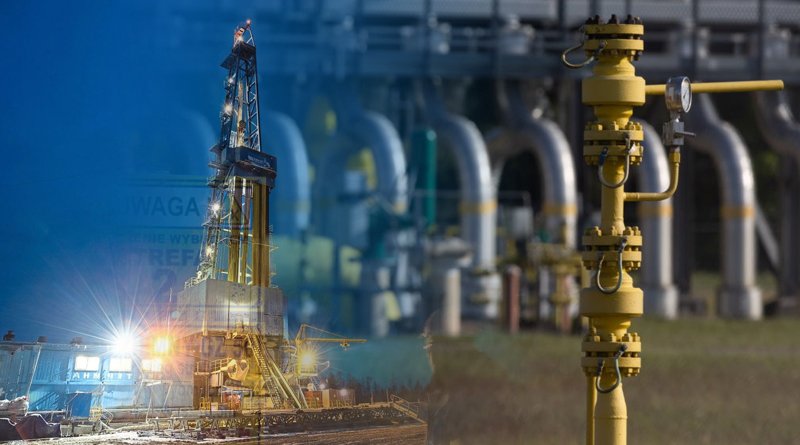Spain is one of the nations that has suggested joint buying scheme could result in better terms on the international petrol markets.

To ensure Europe has enough fuel and prevent a repeat of last year’s record-high energy prices, the European Union launched a joint buying scheme on Tuesday for European companies to place orders to jointly buy petrol.
Companies have until May 2 to register the quantity of gas they wish to purchase through the EU programme, which will not include Russian gas.
The platform will then compile offers from international vendors to satisfy the needs of the businesses. Gas contracts will be negotiated by matched suppliers and buyers. The EU won’t take part in these business negotiations.
After Russia’s invasion of Ukraine and subsequent decrease in gas shipments to Europe, which caused European energy prices to reach record highs, the EU came up with the joint buying scheme.
Spain is one of the nations that has suggested joint purchasing could result in better terms on the international petrol markets.
The programme will only cover about 13.5 billion cubic metres (bcm), out of the 360 bcm total gas demand in the EU, but it should assist nations in beginning to fill their gas storage tanks ahead of the peak winter demand.
Industry leader James Watson of Eurogas said the programme was a welcome attempt to anticipate the energy requirements of businesses and consumers.
By November, EU nations must have 90% of their gas storage capacity filled. At a high level for the time of year, the EU’s storage is already more than half full as a result of countries reducing their use of winter energy due to skyrocketing prices. Weather that was relatively mild also reduced demand.
The tendering process will be repeated every two months for the following 12 months, according to Brussels, which wants the first gas deals to be signed in the upcoming weeks.
Companies can seek pipeline or liquefied natural gas (LNG) deliveries through the scheme in relatively small volumes—down to a third of an LNG cargo—to help smaller firms participate.